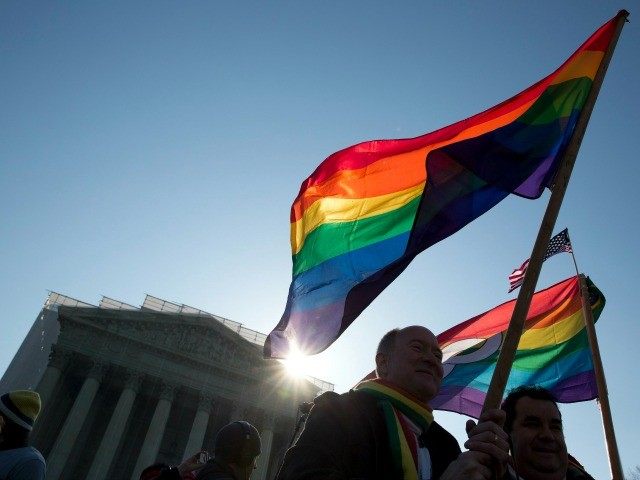Judge Richard Posner of the Seventh Circuit writes at Slate.com that the dissent by Chief Justice John Roberts in the gay marriage case is “heartless.”
It is a false charge, and part of the effort to shame opposing views–about which Justice Samuel Alito warned in his own dissent. Justice Roberts’s dissent is flawed, but it is not “heartless”—in fact, it strains to show empathy for those who stand the most to gain from the decision. Judge Posner pretends otherwise, but the text is plain.
In fact, Judge Posner’s response to the decision is rather muddled. He takes Justice Roberts to task for pointing out that marriage has been between a man and a woman for the entire history of human civilization. Aha, Judge Posner says, but what about polygamous societies? After all, Roberts refers to polygamy towards the end of his dissent—he can’t have it both ways! True—but neither can Posner: even polygamous societies have never had homosexual marriage.
Posner also argues that the Chief Justice fails to distinguish gay marriage from interracial marriage, which the Court struck down in Loving v. Virginia (1967). It is not enough for the Chief Justice to say that the “core” of marriage is the union of man and woman regardless of race, Posner argues, because the states that banned interracial marriage also thought that race was at the “core” of marriage.
As an example, Posner cites Orthodox Jews, who “believe that the core structure of (their) marriage culture is both spouses subscribe to Orthodox Judaism.”
It is an appalling analogy—one that reveals Posner’s ignorance about his own faith, and his inability (or refusal) to acknowledge important logical distinctions. Judaism requires that both spouses be Jewish, but that is because the purpose of Jewish marriage is to fulfill Jewish laws. There is no concept of race in Jewish law, and individuals can also convert to Judaism.
(The one arguably weak point in the Chief Justice’s dissent is his reliance on Lochner v. New York (1905)—a case that liberals have demonized as part of their effort to create a jurisprudence that allows extensive government interference in the economy, and that social conservatives later found useful as an example of inappropriate judicial activism. Posner has shown that he actually agrees with the Chief Justice’s flawed view of Lochner, which is why he ignores it here.)
Next, Posner turns to Alito’s dissent, and attacks him for asserting that the purpose of marriage is to encourage procreation. Posner makes the trite observation that even sterile people are allowed to marry.
What he misses—and what Alito perhaps should have made clearer—is that the traditional Judeo-Christian idea of marriage is that it means the potential to procreate. The model of marriage in the Bible is that of Abraham and Sarah, who had children in extreme old age, long after both of them had given up. That idea is fundamental to traditional marriage.
Posner says that laws upholding traditional marriage are a form of bigotry, which he defines as “gratuitous interference in other people’s lives.” Perhaps that argument applies to the Defense of Marriage Act, which sought to blunt decisions by states to legalize gay marriage. It certainly does not apply to the traditional definition of marriage itself, which interfered with no one. We cannot ascribe bigoted motives to those who never even considered gay marriage a possibility.
Notably, Posner avoids Justice Clarence Thomas’s dissent, which noted the majority’s weak—and dangerous—definition of liberty as an evolving concept, to be decided by the courts: “Liberty is only freedom from governmental action, not an entitlement to government benefits,” Thomas wrote. Posner takes for granted that the Court can invent, and impose, new rights.
For Posner, the question is not a question of law or logic, but economics: there is a “demand” for gay marriages, hence the Court must provide it. The same logic would justify the Dred Scott decision: there was a demand for slave labor.
Perhaps it would have been best to have federal civil unions across all states, and different state definitions of marriage—the same sort of modus vivendi we have on abortion. But that is for legislatures to decide, not an unelected juristocracy.
The Founders believed faith and liberty went hand-in-hand. In Democracy in America, Alexis de Tocqueville noted that they “brought to the New World a Christianity that can best be described as democratic and republican….From the beginning, politics and religion were in harmony, and have remained so ever since.”
It is not “heartless” to mourn the loss of that harmony, or to worry that this decision joins several that, in the name of liberty, negate the foundations of that liberty.

COMMENTS
Please let us know if you're having issues with commenting.